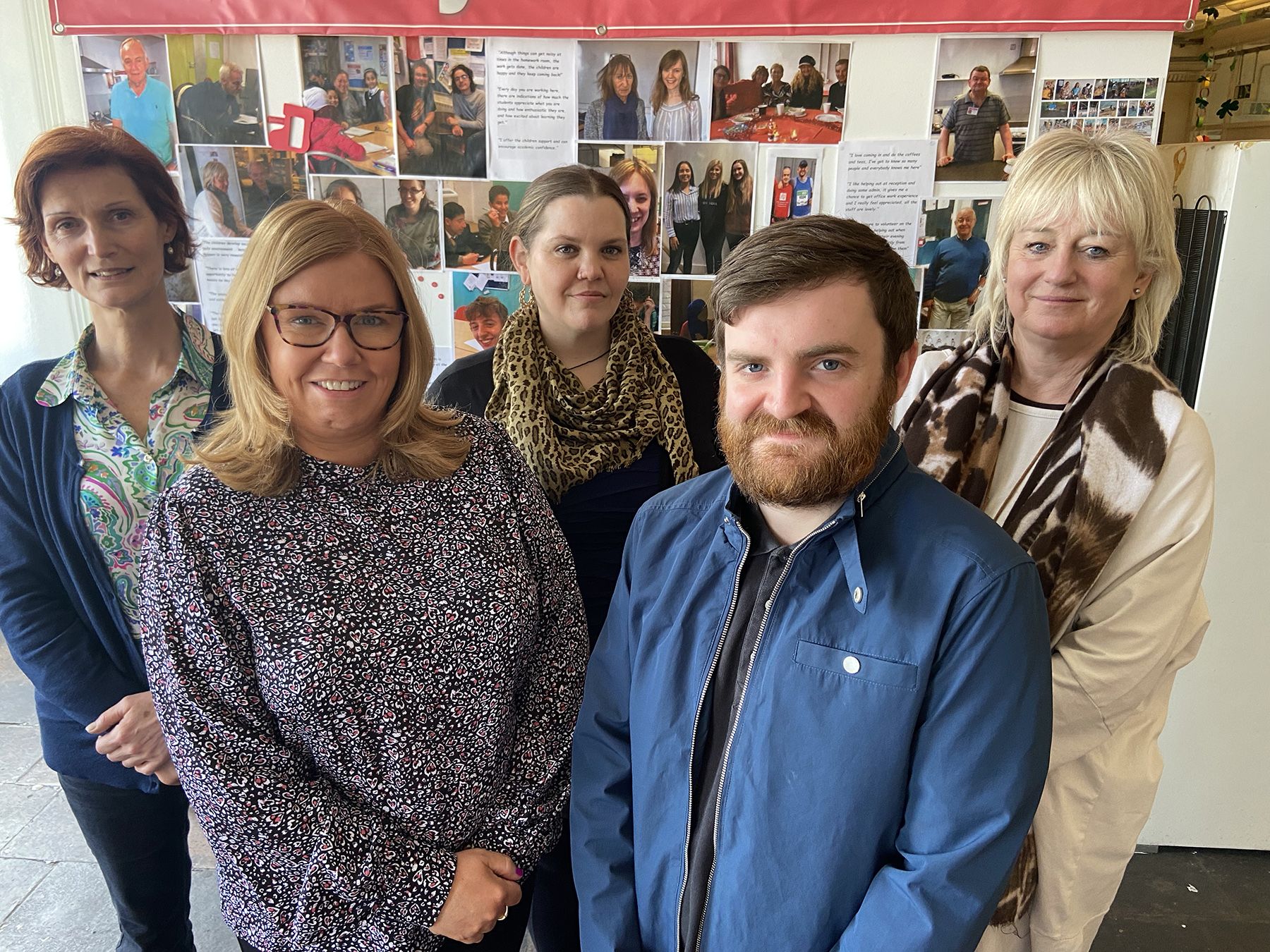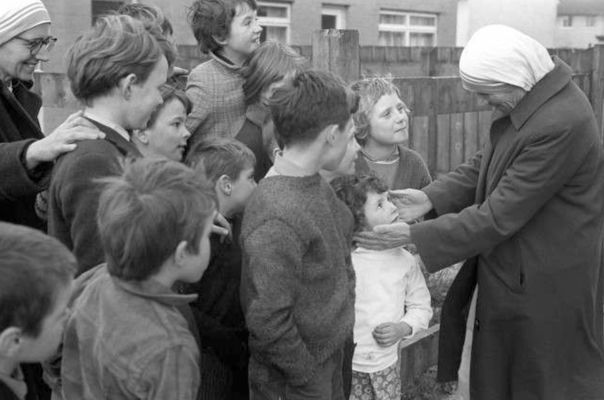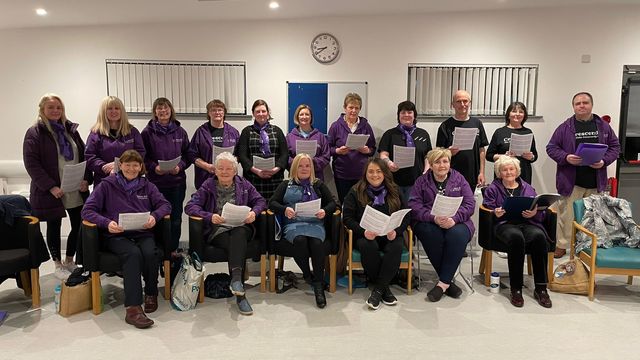THE Conway Education Centre has been at the heart of the community for 40 years having been established by the late Father Des Wilson and Frank Cahill when the adult education programme at Springhill Community House outgrew the space available.
“When the community activists bought Conway Mill they dedicated it to providing access to employment and education," says Conway Education Centre Manager, Pauline Kersten. "One floor was dedicated to adult education and the rest of the building was dedicated to creating employment opportunities for all.
“Midway through the '80s we had the (Secretary of State) Douglas Hurd statement which said that the likes of Conway Mill were a front for republicans and all funding was withdrawn for any services located within the mill.
“Through community support, fundraising and support from the Community Foundation, small bits of money was made available to pay for heating and lights. Our tutors became volunteers and courses like O'Level Maths, English and Philosophy were being taught.”
Pauline describes the education centre as being a place where people could always come together.
“You had the Obair Report into unemployment in West Belfast and community meetings around reaching out to all sections of the community. Conway Education Centre has always been a place where everyone can come together.
“We are quite close to the Shankill and we have always had students from those areas. Now about 20 per cent of our learners are from other countries and we have 16 different nationalities learning in Conway.”
HOMEWORK: The Education Centre run a homework club for refugees and asylum seekers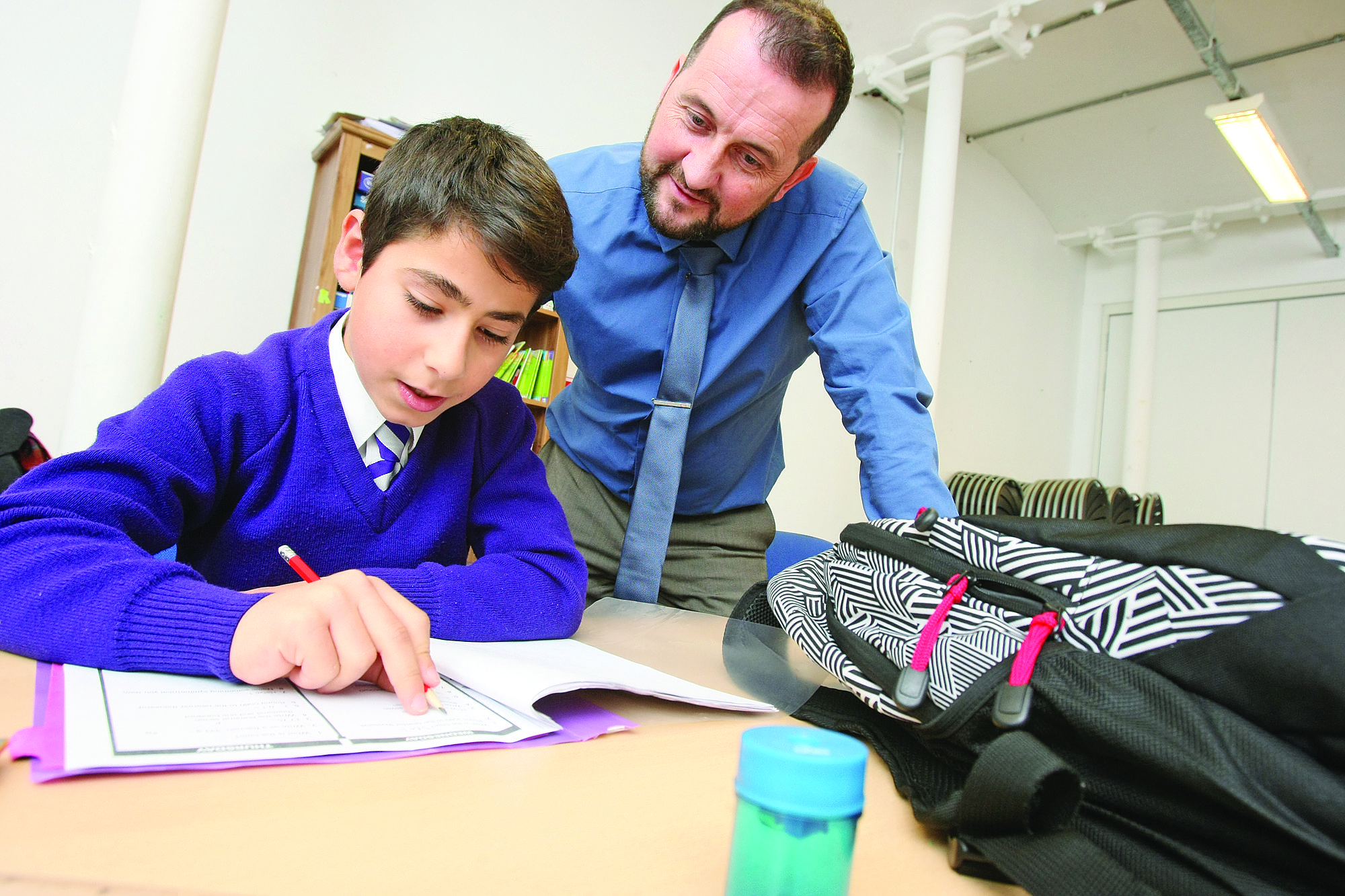
The Conway Education Centre provide a mix of over 45 accredited and non-accredited courses to adults. They also currently operate a homework club for refugees and offer an English language and education project for young asylum seekers who didn’t get a place in a school.
“We have five different levels of English language courses and we have a coffee morning drop-in for them on a Friday morning where ladies can come with their pre-school children to practice the English that they have and make connections with each other,” she said.
“We will also bring in guest speakers to talk about different topics like going to the doctors, hospitals and employability.
“One of the biggest issues facing our asylum seekers is education and access to it because when they come here as an 11 or 12-year-old, they are put into post-primary education whether they speak the language or not.
“There may be some support for the English language development but there is no support to help them integrate into a different society, culture and having everything taught in a language that they don’t know.”
Pauline added that the asylum seekers who use the education centre also face a lot of issues with regard to the quality of housing available.
“We have a lot of bigger families in small houses. Because refugees are being housed through a special programme, the Housing Executive can only use houses which are being offered by landlords.
“Some of those houses are fine, but most of those are houses that private landlords can’t get rented out on the private market. They are the oldest, they are the least insulated and they have the worst problems.
“I have been in houses and I have thought, my God, how can anybody put a family in here? Most of those families are also very reluctant to complain.”
MILL: The Conway Education Centre opened in the mill in 1982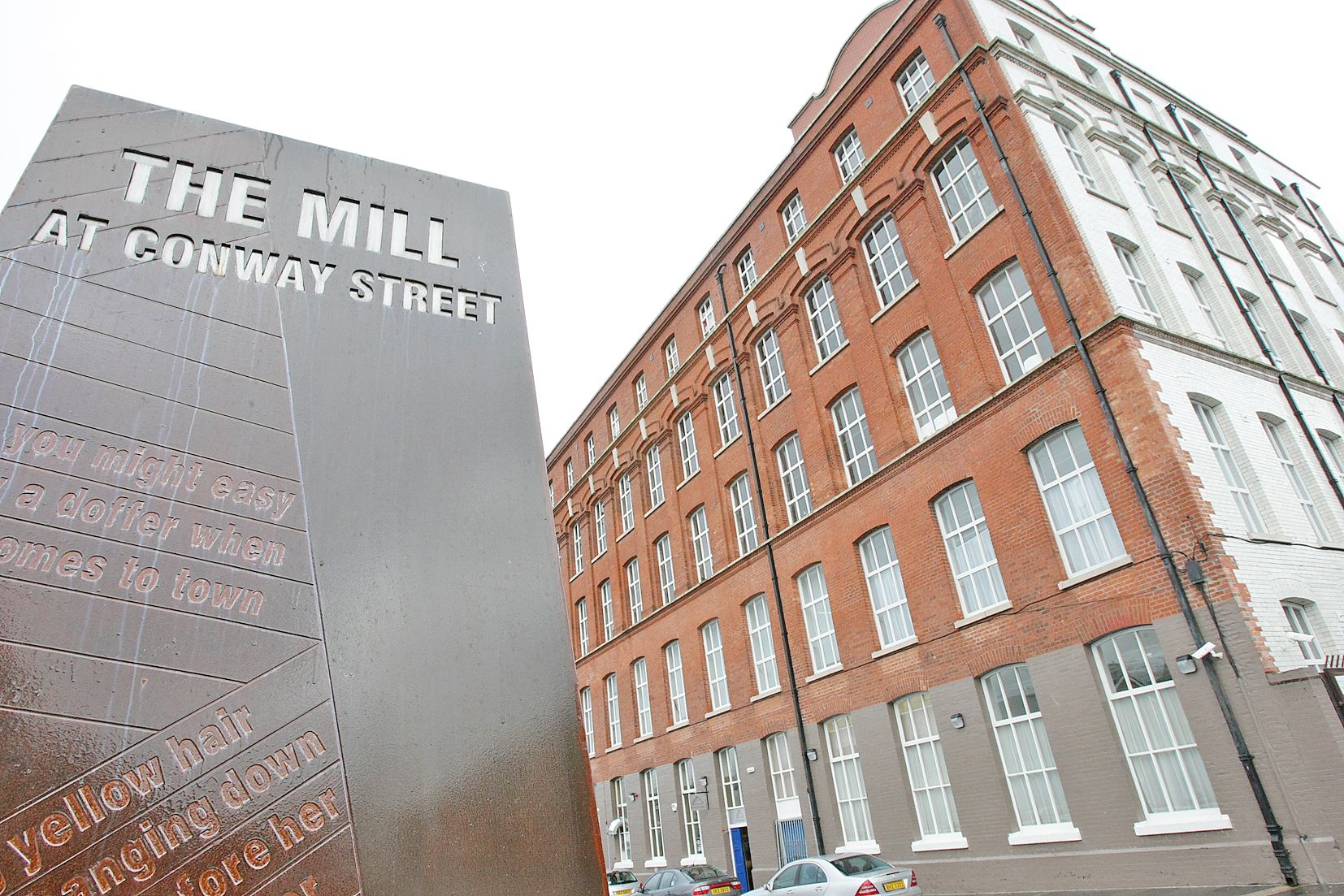
Despite offering a valuable service which has great benefit to the community, Conway Education Centre struggles to keep their doors open due to being funded on a yearly basis.
At the time of this interview, Pauline and her staff were effectively working their notice period as they had yet to receive confirmation from the Department for Communities that they would receive funding in the new tax year which begins on Friday.
“My difficulty with the funding is that it is piecemeal and on a year-by-year basis,” she continued. “This makes it impossible to plan for the longer term, it makes it difficult to attract and maintain qualified staff. Although Conway has been really lucky in that the staff we have here are very dedicated and committed.
“Nobody comes to work here for the money. They come to make a difference.
“We are funded by the Department for Communities Neighbourhood Renewal budget and that has been static over the last 12 years. I am planning for the next semester but we don’t know if we are still going to be here.
“We have nothing in writing, we have no signed contract and the funding we receive is simply not enough.
“I am not saying that to cry poverty,” Pauline added. “We are used to operating on a shoestring budget but with the hike in energy prices over the last few months, our budget for heat and energy is still the same as it was ten years ago.
“We have just got our bill through for our heating over the last month. Two years ago that was £350; now it is just shy of £950.
“All organisations are in the same boat. We would really need a three year budget and additional funds to cope with the rising costs. We want a proper thought out budget that we can codesign with the Department for Communities.
“The problem with community-based adult education is that nobody has responsibility for it. The Department for Education only cover up to ages 16 to 18, the Department for Economy fund further education colleges and say that they are providing community education in the colleges and through outreach.
“However, they don’t reach a big cohort that we would through the likes of Conway Education Centre. We get a tutor from Belfast Met for our essential skills in English, Maths and ICT. We also get a tutor for our GCSE Maths. But it is Conway Education Centre who is providing the classroom, who is paying for the heating, the lighting, the photocopying and the computers.
“We do the student recruitment, the advertising and the student support but the further education colleges don’t pay towards that, the Department for the Economy don’t pay towards that but it is happening.”
Pauline finished by saying that the success of Conway Education Centre has been that you have a whole cohort of people who have got their first qualifications by completing a course at the centre.
“These are people who never got qualifications in their lives, who dropped out of school, who weren’t able to finish school for whatever reason. They came to Conway, done a course and got a qualification and many people move from here to an access course at Belfast Met then go on to university.
“We also have people who have been through mental health support services. They came here, found a routine, made new friends and became less reliant on support services.
“For all of those students, the main reason for coming to Conway is the support, the informal approach and the welcome atmosphere. They can have a cup of tea, a chat and go to class.
“I think the confidence build that that gives the community has been our primary achievement.”

